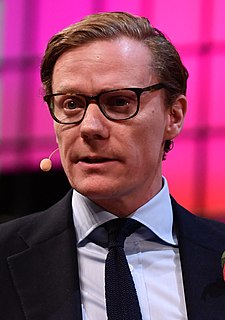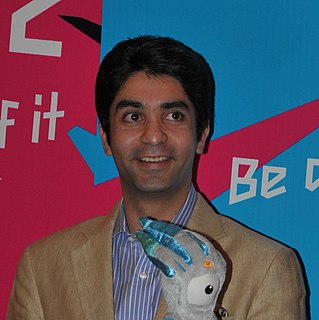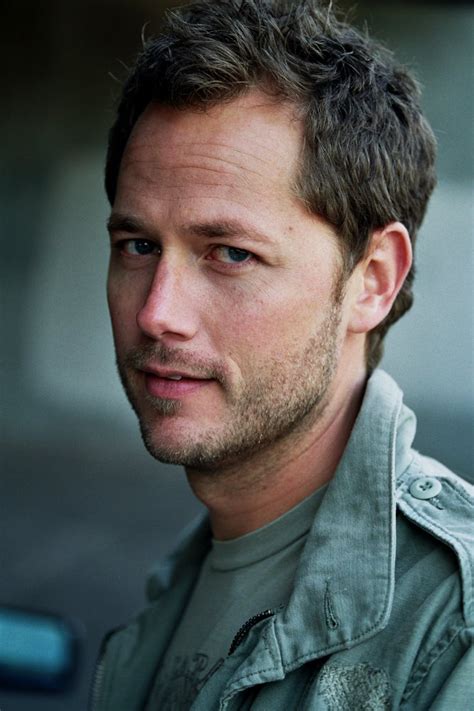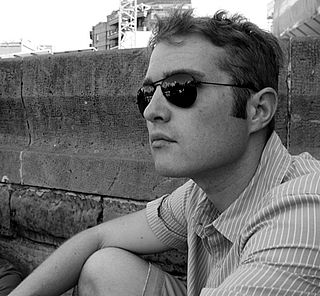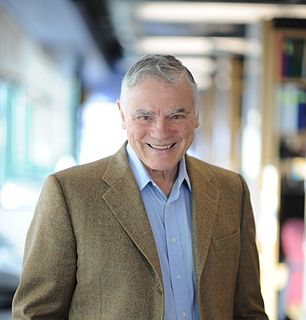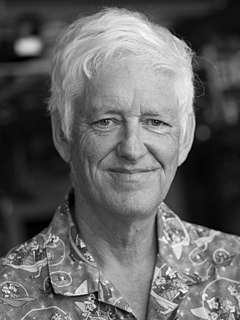A Quote by Hilary Mason
Data science is the combination of analytics and the development of new algorithms.
Quote Topics
Related Quotes
The company started in the early 90s or late 80s. We were a behavioural science company. We didn't pivot into data analytics till 2012. So, all the data that we collected pre-2012, which was done by the British company SBL group, was collected through quantitive and qualitative research on the ground.
Computer science only indicates the retrospective omnipotence of our technologies. In other words, an infinite capacity to process data (but only data -- i.e. the already given) and in no sense a new vision. With that science, we are entering an era of exhaustivity, which is also an era of exhaustion.
I feel like if we can use the combination of basically data-driven hunches and bet on really first-class talent to deliver the shows, that I think we could do as well as the networks do, who basically have a 75 to 80 percent failure rate for new shows anyway - even after all that development and pilot work.
You have to imagine a world in which there's this abundance of data, with all of these connected devices generating tons and tons of data. And you're able to reason over the data with new computer science and make your product and service better. What does your business look like then? That's the question every CEO should be asking.



